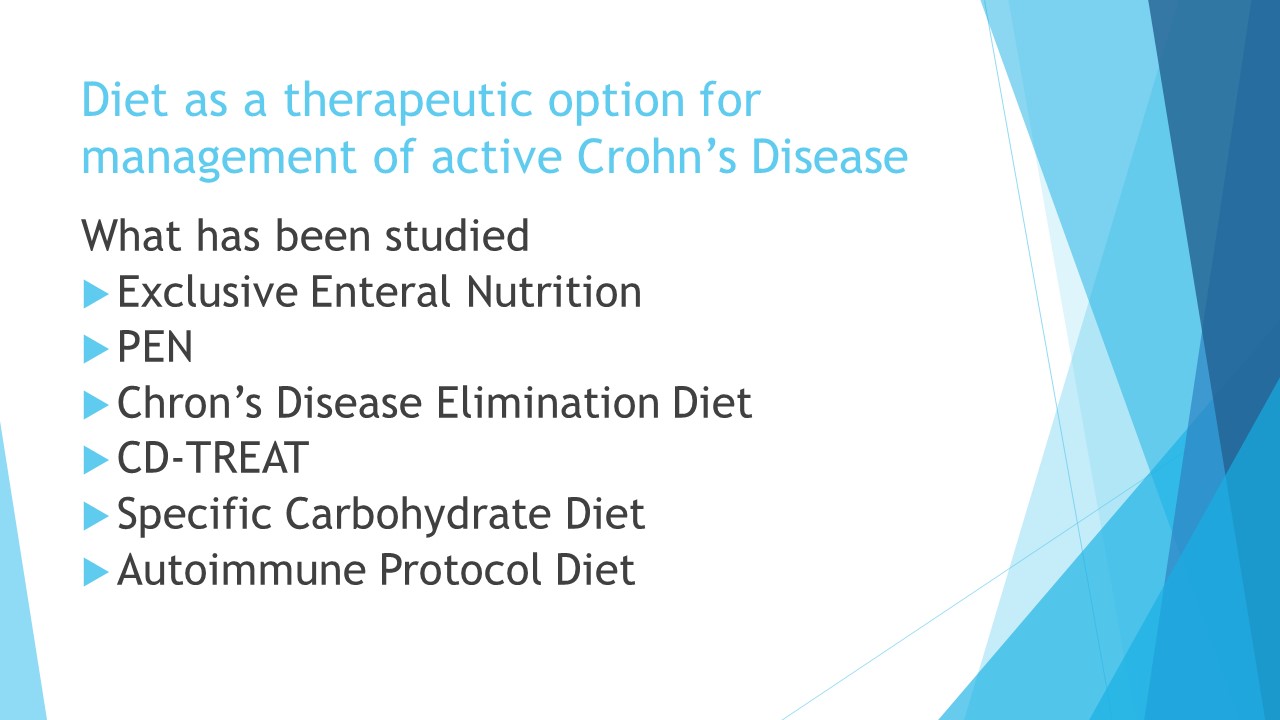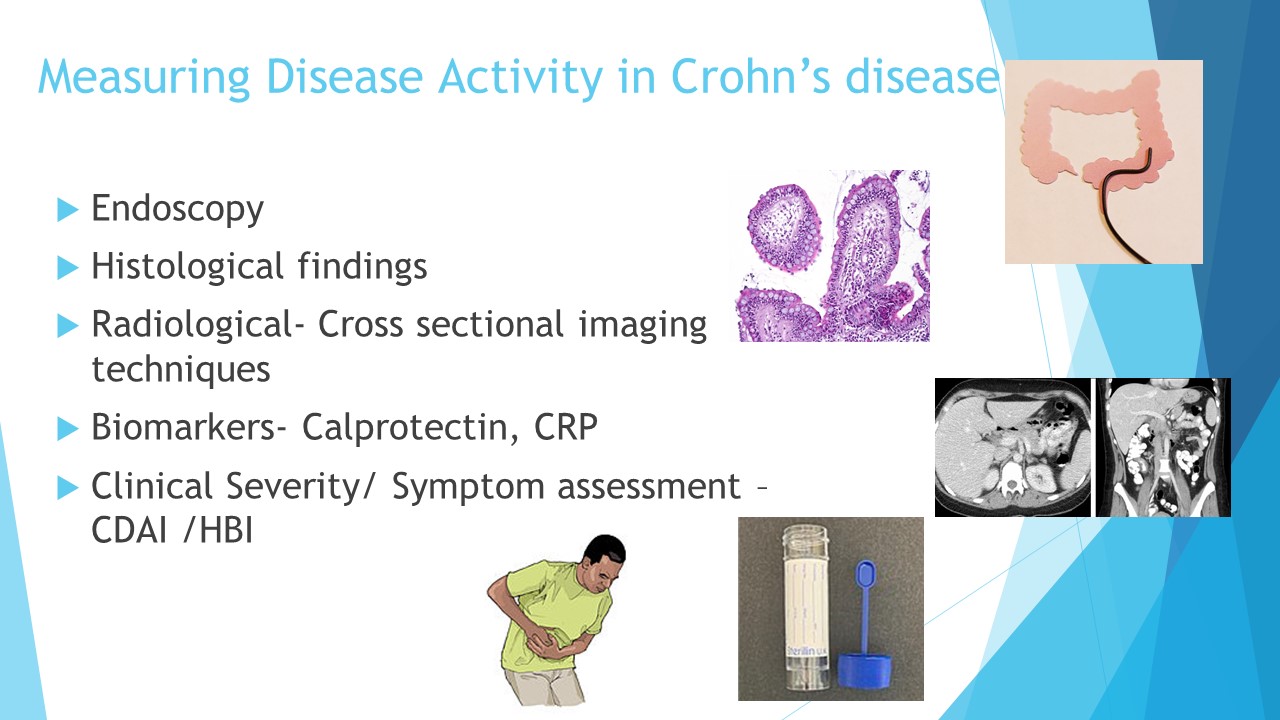Crohn’s disease: Recent experiences with exclusion diets. Rumbi Mutsekwa, APD, PhD candidate
 Anthea Talliopoulos, APD
Anthea Talliopoulos, APD
With 1 in 250 Australians being impacted by Inflammatory Bowel Disease, Crohn’s Disease is a prevalent condition and is associated with a significant impact on health-related quality of life. In the past, diet was not previously classified as a crucial aspect of Crohn’s disease management. However, in recent times, the links between diet and Crohn’s disease have been more clearly established in the literature. The effects of diet in Crohn’s Disease is complex, with links between a refined Western diet high in food additives, refined grains, pro-inflammatory compounds and low in fibre being linked to altering the gut microbiota, and potentially increasing intestinal permeability.
When the dietary therapeutic options for management of active Crohn’s disease are considered, the results of Exclusive Enteral Nutrition are positive, being able to achieve remission. However, Exclusive Enteral Nutrition can be difficult to follow; this has resulted in the Crohn’s Disease Exclusion Diet being increasingly prescribed. The Crohn’s Disease Exclusion Diet allows for more flexibility and may increase dietary compliance, with only 50% of dietary energy coming from enteral nutrition and the remaining 50% from specific food intake.
In this encouraging presentation, Accredited Practising Dietitian Rumbi Mutsekwa offers her knowledge and expertise to walk us through the pathophysiology, medical and dietary management of Crohn’s disease. She outlines the importance of patient-centred care and her significantly improved patient outcomes through the Crohn’s Disease Exclusion Diet using real-life cases studies. In deciding which treatment pathway to guide our patients along, it is crucial that we work with them to make a patient-centred clinical decision which is most sustainable and effective in successfully achieving remission.
Summary:
- Crohn’s disease is a condition which is increasing in prevalence and can have a significant impact on the health-related quality of life of affected individuals.
- The evidence between diet and the management of the disease is increasing, with Exclusive Enteral Nutrition currently being classified as a crucial part of Crohn’s management by the Gastroenterological Society of Australia.
- The Crohn’s Disease Exclusion Diet allows for more flexibility than the Exclusive Enteral Nutrition Diet, with no statistically significant difference identified on patient outcomes when compared to Exclusive Enteral Nutrition.
- As dietitians, it is crucial that we support our patients, promoting self-efficacy, ensuring that we deliver the most patient-centred diet option in collaboration with the multidisciplinary team.
Rumbi Mutsekwa is an advanced gastroenterology dietitian with a second passion in health services research and policy. She has led impactful service development and research in professional role substitution within gastroenterology which has gained national and international interest. In the last five years, her team has been awarded just under half a million dollars’ worth of competitive research and service grants. She is currently enrolled in a PhD through the school of Medicine and Centre of Applied Health Economics at Griffith University where her team is investigating how the performance and value of new models of care is measured. This will help support provision of value-based healthcare which aims to deliver best outcomes for patients in the most sustainable manner.
To register for the presentation and associated documents including the assessment quiz click here

